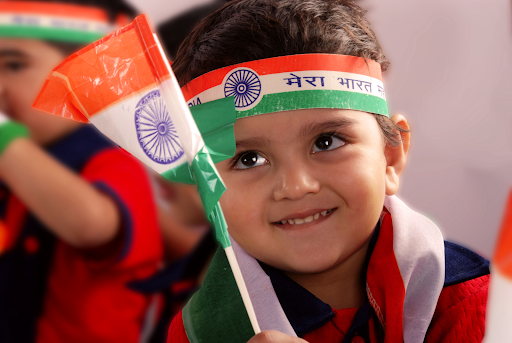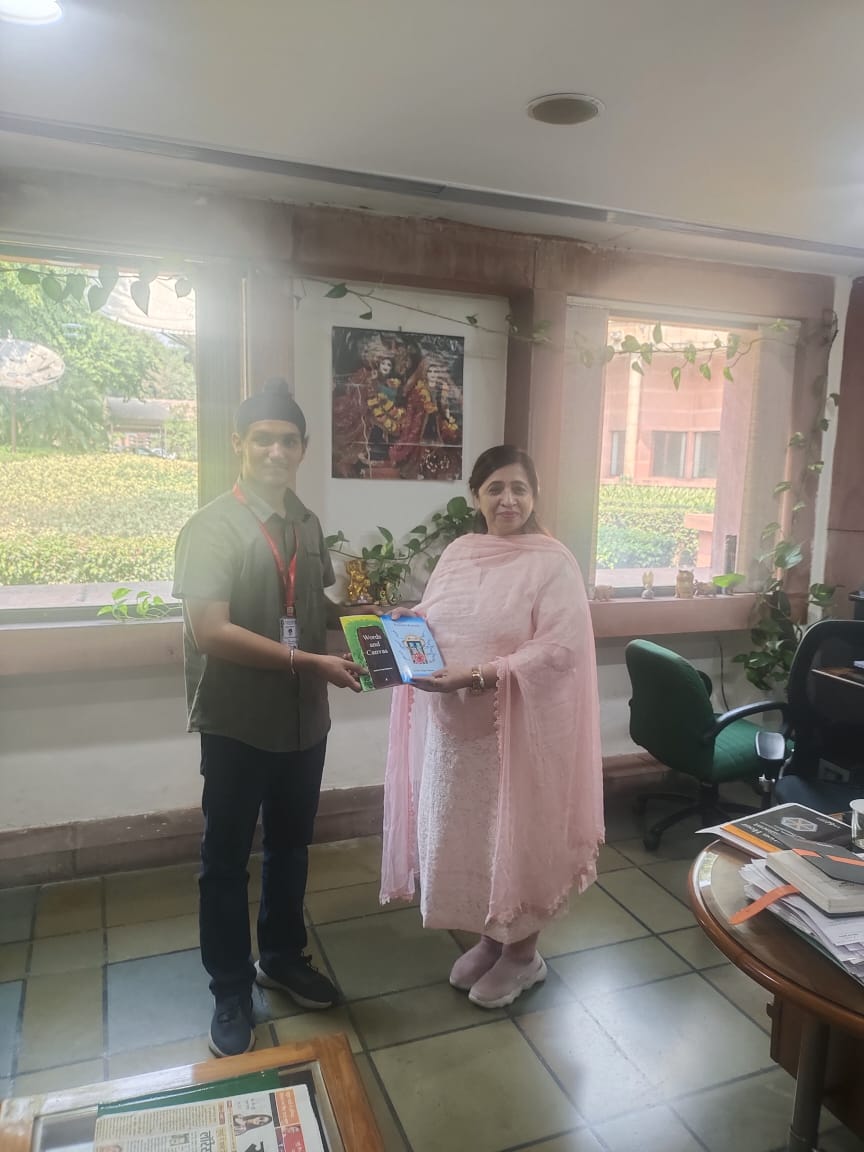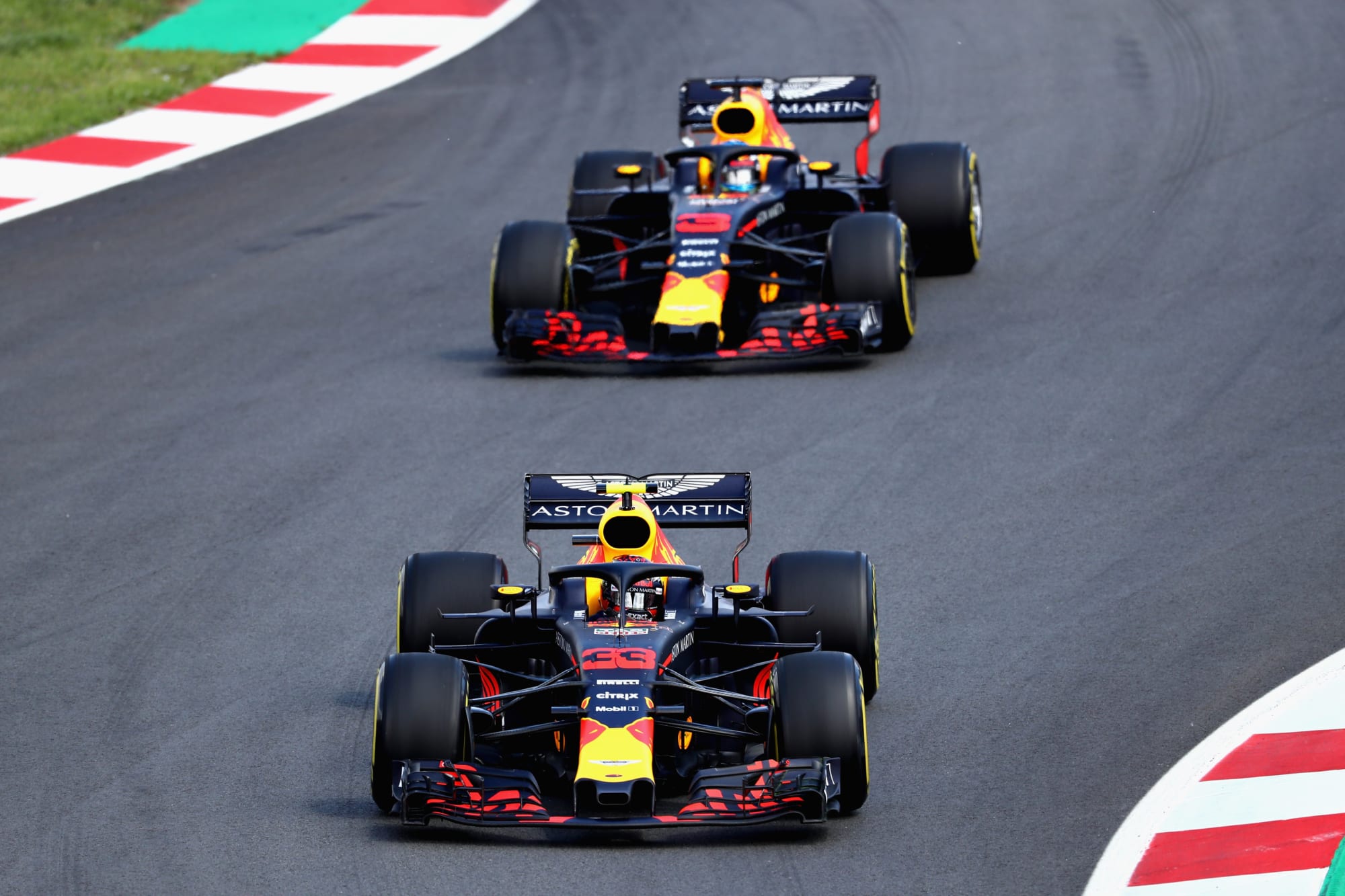Image Credits: Ref
Does wearing patriotism on one’s sleeve make one more patriotic? Does patriotism come from the heart or by shouting slogans from the rooftop? How does one qualify to be called a patriot? In this era of ‘global village’ does the nation- state hold any relevance? With borders melting because of the penetration by Multinational Corporations in different countries how can we define patriotism?
Are we, the slogan-shouting generation, more patriotic than our grandparents who went about their lives quietly, discharging their duty and serving their Motherland by being responsible citizens? And then there were those people who sacrificed their lives fighting for India’s independence. They worked selflessly and tirelessly to unshackle the country from the chains of the colonial power. They published papers, wrote letters to the editor as well as petitions appealing to the masses to arise and fight the colonial power. They have been buried in the pages of history but have no regret for they served the Motherland. For the generations gone by, it was not an independence day or a Republic Day on which the nation had to be remembered and celebrated. Serving the nation was a part and parcel of their lives unlike today when many of us are not very sincere towards the nation but are the first to wear the garb of patriotism.
And where can we best showcase our feelings towards the great nation? The answer is obvious and very vivid. It is on the social media, the virtual world where we spill our feelings for India or motherland. We gush about our country, its rich culture and heritage, its diversity and how it was once a leading power, since ancient times. We talk about India’s contribution to the world harping on its various aspects of richness. We dig up heroes who are long forgotten. In the fervour of patriotism we ignore the stark reality. And what is the reality ?
The reality is that this nation can again become a superpower, a leader among leaders but to attain that potential it is the people who have to be sincere and honest. Are we sincere towards discharging our duties? It’s only when each of us gives one’s best without excuses can we prove ourselves to be real patriots.
The digital age has also led to the rise of extreme nationalism. If we are proud about the diversity of India then we should learn to respect it. Extreme nationalism is being engineered and designed. This can be a dangerous trend, because it leads to a new kind of authoritarianism which can gobble up diversity and the beauty of any nation’s rich heritage. The rhetoric can be dangerous. Technology can steward such rhetoric and populism is spread very quickly. The deepening of such nationalist sentiments which do not take into account the feelings of other communities can harbour danger for the entire state. The dangerous outbursts coated with religious sloganeering is a new aspect of nationalism in many countries, including India.
We have to remember that digitalization has also led to increase in globalisation and liberalisation. With the opening up of economies there has been, and continues to be large scale movement of people from one continent to another. So we have pockets of diversity in every country which needs to be accommodated as well as respected.
We’re seeing an increase in hate filled form of nationalism. In a world and in a country which thrives on pluralism such hate rhetoric can only damage the psyche of an entire generation. And what is ingrained once cannot be erased easily. And it is the young who are using the Internet to the hilt. We have to remember that the young have to step out of their comfort zone and maybe travel to different countries through different time zones for employment or for other assignment. Would such extreme nationalism be of any help to such young people?
Daniel Conversi, a political historian, author and a social theorist calls the phenomena where members of virtual communities come together to form a national consciousness as ‘long distance nationalism’. The people don’t meet each other but are still bound to each other by a common thread called nationalism. There are situations where such binding helps people to be psychologically strong especially when they are sitting on foreign soil. But slowly this comfort- binding can snowball into a group which can become a rallying point for bullying and suppressing.
There was a time when nationalism was a monopoly of the governments. No longer. Today, every citizen has one’s own take and space on nationalism in the virtual world . The political parties have cashed on to this wonderful phenomena of harnessing nationalism in the virtual world. Political parties have their dedicated teams which focus on social media and crafting new angles of patriotism . Various issues are discussed in a manner that opinions are also engineered and manipulated .
The cyber troops and the cyber warfare can sometimes prove more dangerous than wars fought by soldiers on land, sea and air .Nationalism in the digital age can affect events and politics of the entire country. Nationalism has graduated to digital nationalism where messages are shared as a sense of duty. And when it comes to the state and one’s identityirrespective of the country, the messages are made viral in seconds. The authenticity of the message is not checked. Facts do not matter where feelings become dominating. This leads us to the question whether our nationalism is as virtual as our virtual world?
It’s time to ponder….

)
)
)
)
)
)
)
)
)
)